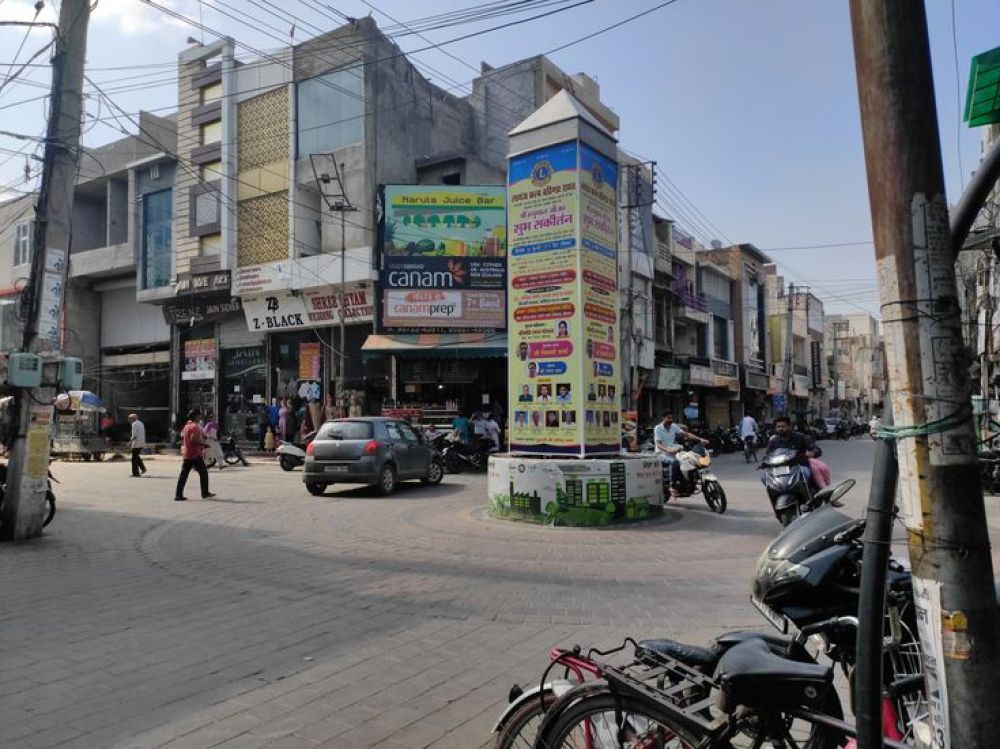

Bathinda, one of the oldest cities in Punjab, has a rich history that dates back to the Harappan civilization. The city has been a confluence of various cultures and traditions, which is reflected in its historical monuments, local cuisine, and vibrant bazaars. With its strategic location and historical significance, Bathinda has always been a place of interest for tourists.
Dhobi Bazaar is one of the most famous and bustling markets in Bathinda. The bazaar dates back several decades and reflects the cultural and traditional ethos of the city. Although not traditionally a tourist bazaar, it has become an attraction for those interested in experiencing the local way of life, shopping habits, and Punjabi culture.
Bathinda's evolution as a tourist destination can be attributed to its historical monuments, including the Bathinda Fort, also known as the Qila Mubarak, which is said to have been visited by Alexander the Great and was the place where Razia Sultan, the first woman to take charge of the Delhi throne, was imprisoned.
Other attractions such as the man-made lakes, thermal power plants, and religious sites contribute to the city's tourism. Over the years, the local government and tourism department have also put efforts into promoting Bathinda's rich heritage, which has led to a gradual increase in domestic and international tourists.
As tourism evolved, markets like Dhobi Bazaar started gaining attention not just for shopping but also for their cultural significance. Tourists visit to purchase traditional Punjabi attire, such as Phulkari, and to taste authentic Punjabi street food. The bazaar's vibrant atmosphere is a draw for those looking to immerse themselves in local daily life.
Latest trends in tourism in Bathinda have seen an emphasis on experiential travel. Tourists are now looking for more authentic experiences, which includes visiting local bazaars like Dhobi Bazaar. They are interested in eco-tourism, cultural tours, and culinary explorations.
Additionally, initiatives such as heritage walks, cultural festivals, and the promotion of rural tourism have also been a part of the new trends to attract more visitors to the city and contribute to the local economy.
In conclusion, Bathinda's tourism history, although not as prominent as some other destinations, showcases its hidden gems like Dhobi Bazaar, which provide a unique and authentic experience to the visitors. As trends evolve and the focus shifts to more personal and cultural encounters, Bathinda's tourism scene is likely to grow even further.